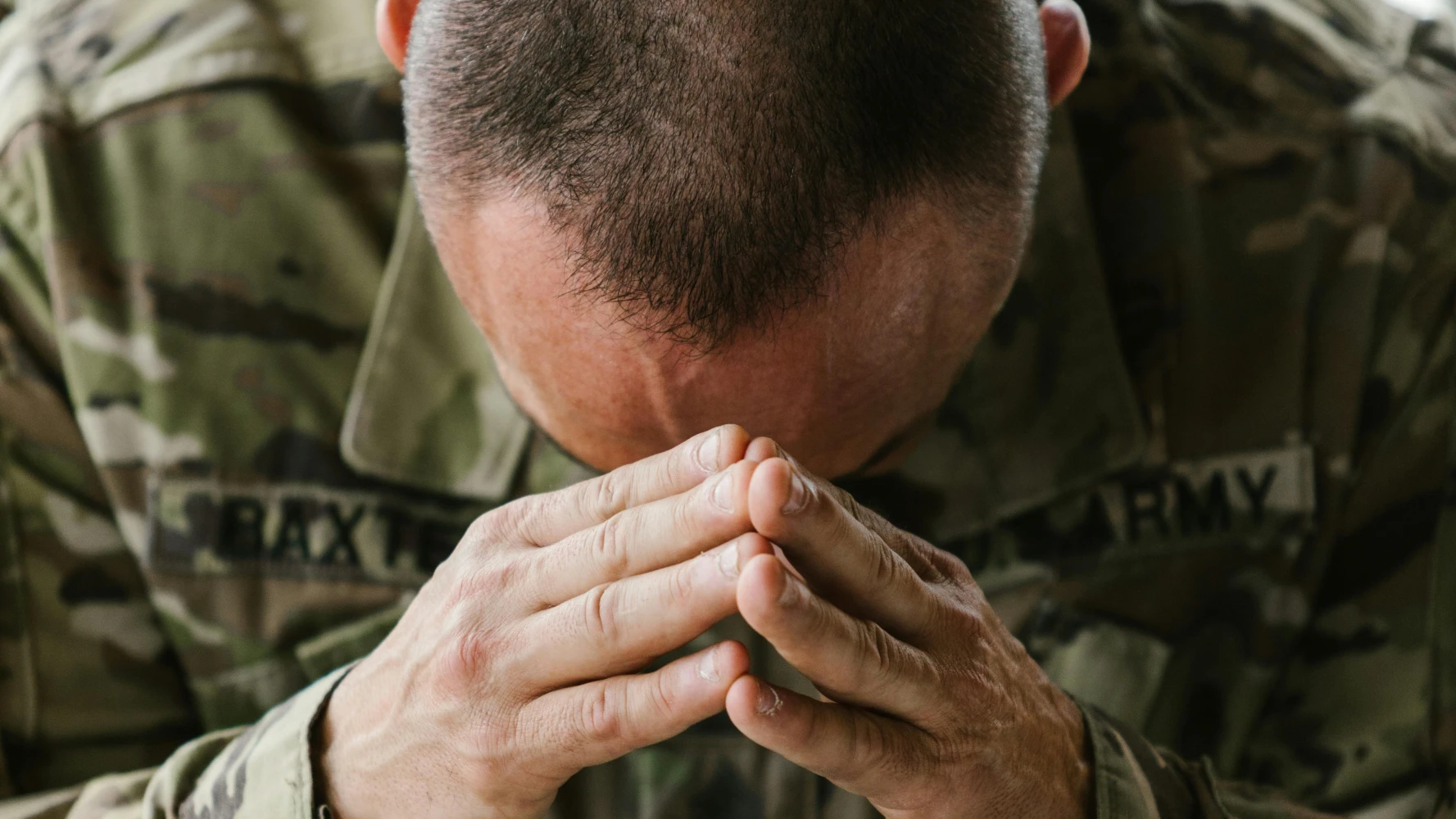
PTSD
One of the most prevalent and misunderstood effects of war on human beings is Post-traumatic Stress Disorder or PTSD. According to the National Institute of Mental Health, “Anyone can develop PTSD at any age. This includes combat veterans and people who have experienced or witnessed a physical or sexual assault, abuse, an accident, a disaster, or other serious events. People who have PTSD may feel stressed or frightened, even when they are not in danger.”
Combat veterans, and people who have witnessed an assault or any other serious event, pretty much describes the entire population of Ukraine and that means there could be 44 million people needing some form of mental health treatment after the war with Russia is over. This doesn’t get talked about a lot in the context of the war in Ukraine partially because of the stigma surrounding mental health issues and probably also due to the herculean task of treating millions of victims of trauma.
Shook me all life long
The other day I visited the local hospital; don’t worry nothing wrong with me, this time, and I saw the effects of PTSD first hand. While waiting to speak with someone in admissions, there was a young Ukrainian soldier in the waiting room also waiting to be seen by a doctor. He seemed physically okay with no bandages, crutches or any other visible form of injury but he was clearly suffering. He was thin as a rail and paced around the waiting room anxiously but it was the twitch that I noticed. The soldier couldn’t stop shaking, he could barely drink a bottle of water or sort through his 100 pages of medical records he was carrying around with him without losing his grip and dropping everything.
When the doctor finally spoke with him it was clear that he was really messed up and needed some help. The soldier spoke of having 7 concussions from explosions over the past 8 months and complained about lack of sleep and constant anxiety. This brave defender of Ukraine was messed up and I couldn’t see how he was ever going to be normal again. It seems like being luck enough to survive trench warfare might only mean a life sentence of trauma, anxiety and sleeplessness.
It is perhaps unsurprising that a soldier who has witnesses the horror of war first-hand might develop PTSD but even refugees in other countries are feeling the effects of war even though they are far away from the front lines.
No siren? Big problem
One of my good friends has an aunt who fled Ukraine to Greece last October when things got really tough in Kyiv. While she is thankful to be somewhere that is not under imminent attack, the effects of the war are still real for her. My friend’s aunt is constantly feeling anxiety and has difficulty sleeping precisely because she is not under threat of attack. She got used to the daily routine of air raid sirens and sheltering in basement bunkers and the fact that she does not hear air raid sirens in Athens is actually freaking her out because she believes that she will come under attack without any advance warning.
6 million Ukrainians, mostly women and children, fled the country dure to the war and many of them are having trouble integrating into their host nations due to lack of money, poor language skills and non-acceptance of their credentials. Doctors are taking German lessons or scrubbing toilets and children are going to strange schools and having to make friends when they don’t speak the language. To add to the stress of being a strange in a strange land, there is the daily fear of a notification from the army that your husband has died or is has been declared missing at the front.
Imagine the unimaginable
Imagine the stress of being a family whose children were among the thousands of children abducted from Ukraine and sent to new families in Russia. As a parent, how would you ever recover from the abduction of your children? Would you even be able to stop looking? Would your marriage survive? Would you ever sleep again?
Imagine an entire generation of Ukrainian school children taking classes underground in cities like Kharkiv, Sumy and Kherson without a chance to play outside during recess. People in these cities near the front lines have the opposite problem of those who have taken refuge in other countries, the air raid sirens are useless. Imagine living in Kharkiv, Sumy or Kherson, so close to the Russian border you hear the air raid sirens after the rockets or drones have already hit. Many Ukrainians who have stayed in the country will always be looking over their shoulders anticipating the next missile.
PTSD is real and it can affect anyone even without their knowledge and those effects can last a lifetime. A lifetime without sleep, days filled with chronic anxiety and the shakes. This is what awaits many Ukrainians after their hard fought victory and we have to start doing something about it now before it’s too late.
The Ukrainian people have all suffered at the hands of the Russians and we owe it to them to make their recovery as quick and easy as possible so families can reunite in their own homes and start to heal. Rebuilding millions of homes destroyed by the Russians is a daunting task. Rebuilding millions of minds damaged by years of trauma is almost impossible to contemplate but we must start now to ensure that the people who so bravely defended our democracies can enjoy their victory.
Slava Ukraini! Heroaim Slava!
